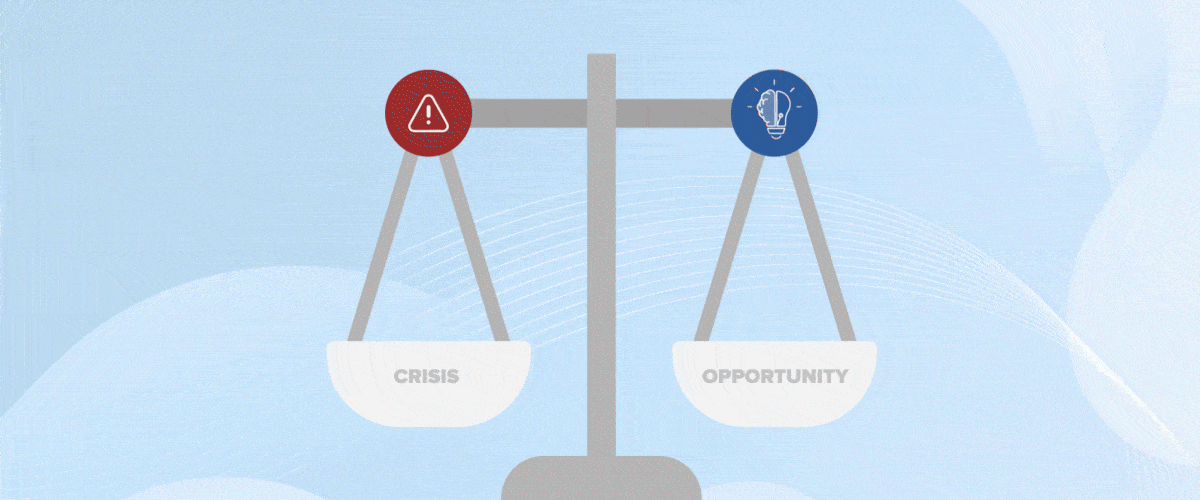
The Roaring Twenties… of the 21st Century
So far, the decade we are living through could be described as a perfect storm of cascading crisis. And it is precisely in this circumstances that it is important to know how to seize opportunities
In the hangover from the end of World War I, the decade that followed was characterized by euphoria and became known as “the Roaring Twenties“. One hundred years later, the Roaring Twenties are back, but now for the worst reasons.
2022 was not an easy year. Pandemics, wars, energy crises, inflation and extreme events are some of the things that have marked it.
In the first two years of the decade, the COVID-19 pandemic brutally slowed down economic, and even civilizational, development.
Still in pandemic mode, a war with worldwide repercussions broke out in Europe at the beginning of the year, creating a situation dangerously similar to the the antechamber of past wars.
At the same time, supply chains, already disrupted by the pandemic, are suffering a new setback: a lack of raw materials and rising prices, culminating in trade restrictions with Russia. Meanwhile, due to West’s dependence on Russian fossil fuels, a tremendous energy crisis has broken out.
At the same time, the semiconductor industry, already under pressure from the growing demand for electric vehicles, is stretching component supply lead times by years, severely constraining the automotive, electronics and IT sectors.
To crown this annus horribilis, the icing on the cake: inflation like we have not seen in a long time, followed by a spectacular rise of interest rates.
And here we are – welcome to the Roaring Twenties of the 21st century.
The light at the end of the tunnel
But, as we know, every crisis generates opportunities; despite the difficulties, it is necessary to maintain a positive attitude to recognize and take advantage of them.
It has long been clear that the way we have depleted the planet’s resources is not sustainable. And humanity cannot survive the planet. The slogan is true: there really is no planet B, at least not yet. That is why it is imperative that we reduce our ecological footprint.
In this context, the first opportunity not to be missed is the drive to accelerate energy transition.
Portugal and Spain are good examples of the advantages of investing in renewable energies, which are already protecting us from the astronomical energy prices practiced in northern Europe. It is no coincidence that the European Union launched the RepowerEU program to accelerate the energy transition and invest in renewable production.
A second opportunity is to encourage local production and industry. We are witnessing a major concentration of industry in the East, particularly in China, the “factory of the world”, which by 2021 already accounted for about 29% of the world’s manufacturing. China’s Zero COVID policy has led to frequent shutdowns of entire cities, severely limiting industrial production. At the same time, the cost of shipping has increased by nearly 700%. The combination of these factors contributed greatly to rising inflation and shortages of various products.
Conventional advises against putting “all eggs in one basket”, but that is exactly what the West has done, and the results are there for all to see.
It is time for change. It is time to go back to promoting local industries, to encourage them to grow, to develop local ecosystems. That will make us more independent and resilient, but also more environmentally friendly, because, as we know, shipping accounts for a large share of CO2 emissions. Manufacturing and buying locally is also a form of sustainability.
If we want a better future, we must manage the Planet’s resources better. Save energy and save water. Producing clean energy and reducing emissions are necessary actions for a better world.
Let’s make these roaring twenties be remembered as a time when, facing the abyss, we have finally found the intelligence and the will to change course towards a more sustainable future.
Miguel Allen Lima
ARQUILED CEO





